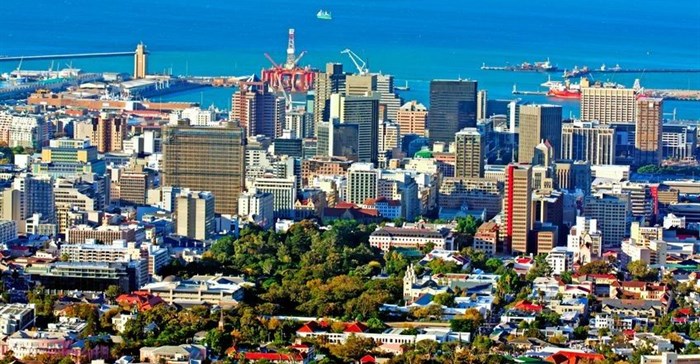Tom Walker, co-head of global real estate securities at global asset manager Schroders, says that the index is the result of thorough research into what makes a city most attractive for real estate investors. The index uses a number of factors to identify the most economically vibrant cities, such as the total population residing in a city aged 15 and over; median household income; university ranking; retail sales; and gross domestic product (GDP). Cities are then ranked in the index to provide a view of where some of the biggest global real estate opportunities lie.
“From a long-term real estate investment perspective, the best cities share similar characteristics – diverse economies, strong zoning regulation, world-class universities and developed infrastructure. Together, these ingredients allow select cities to maintain their competitiveness, making them well placed for long-term real estate investment and attractive places to live with diverse cultural and leisure activities,” Walker explains.
Why universities are critical
Expanding on why universities are seen as being critical in powering city economies, he says that their focus on innovation and education helps contribute to better earning power for graduates, which is better for both the economy and for real estate. “Knowledge-based hubs are growing in economic strength with a positive knock-on to real estate markets in those locations.
“Alongside universities, we look at the health of the wider economy and its potential for growth in real estate demand, alongside the number of people and their earnings.”
Over and above these factors, Walker believes that there are two significant trends that are shaping the future investment potential of real estate, namely technology and urbanisation. “Real estate is being increasingly disrupted by technology – from offices to self-storage and healthcare – look, for example, at how Amazon and online shopping continues to reshape the retail sector.
“Urbanisation, on the other hand, which has been called the most defining trend of the 21st century, refers to the constant creation of strong urban hubs, resulting in certain cities offering more opportunities than others and promising greater investment potential as a result. A great example of a city that has become a beneficiary of urbanisation over the years has been Hong Kong, which is ranked sixth on the index.”
Los Angeles leads
Leading the pack in the third publication of the index is Los Angeles, followed quite closely by London. “Los Angeles jumped from sixth place to first, due to its scale and economic depth, which makes it a compelling location to work and live,” says Walker. “One of its key economic strengths is that it doesn’t have to rely on only one industry, as its diversified across financial services, media, trade and technology.”
Looking forward, however, Walker predicts that Miami, currently ranked 27th on the index, is one of the leading global cities of tomorrow. “Miami is a hub that plays a crucial role in trade between the US and Latin America. Although already ranking fairly high on the index, we feel that this city is well positioned to continue to grow as it possesses many of the elements we look for when investing in a city: a strong service sector, tourism and its role as a trade hub.”
Walker concludes by saying that, interestingly enough, from a real estate perspective, the type of real estate being invested in is actually irrelevant. “At the end of the day, it really doesn’t matter if you own a data centre, a logistics unit or a health service, as you are ultimately investing in the city and it’s potential for achieving long-term growth.”





































